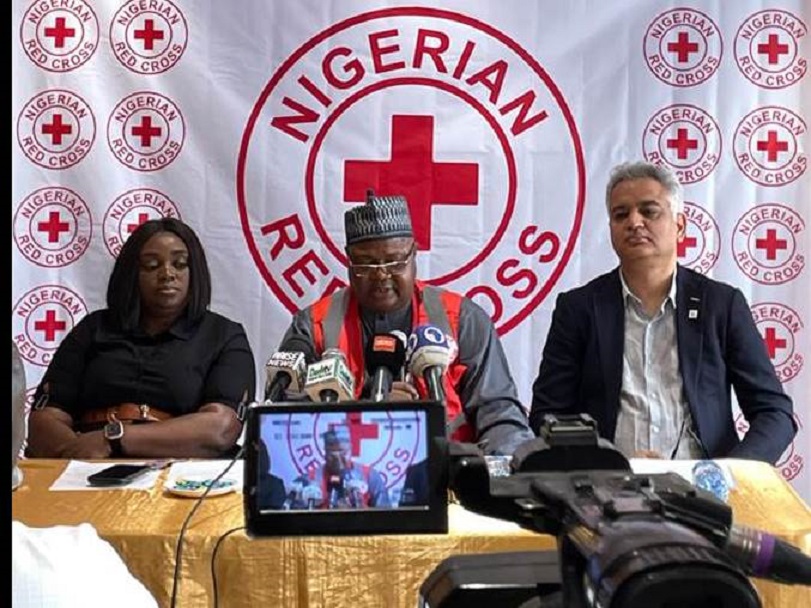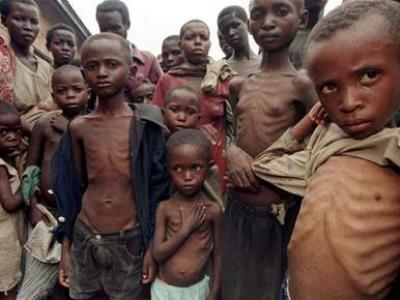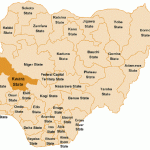General
Nigeria Hunger Crisis Worsens, Hits Lake Chad Basin
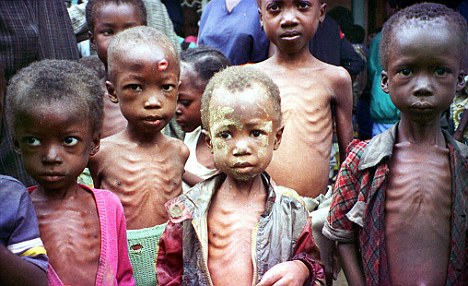
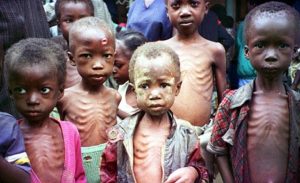
By Modupe Gbadeyanka
Few days ago, the United Nations’ Food and Agriculture Organisation (FAO) raised an alarm of food crisis in northeast Nigeria caused by activities of Boko Haram militants.
It warned then that if nothing urgent was done, it could become worse.
However, on Friday, the FAO further warned that the food security situation in Nigeria and the Lake Chad Basin is drastically deteriorating as conflict and instability continue.
The agency has called for swift and decisive action from the international community to protect the livelihoods of millions of families dependent on farming, livestock and fishing for their food and livelihoods.
It said with the next planting season starting in May, and with scarcity of animal fodder and water points during the lean season, it is crucial that crop seeds, tools and livestock support reach families urgently to limit the scope of the deepening crisis that now involves four countries: Cameroon, Chad, Niger and Nigeria.
Some 7.1 million people are now severely food insecure across the four countries. Among them are 515,000 children who are suffering from severe acute malnutrition – a condition which, if untreated, can lead to permanent damage to a child’s development and even death.
FAO is among the UN agencies and governments attending the Oslo Humanitarian Conference today, organized to mobilize international funding for the crisis-struck region, where 80 to 90 percent of people rely on farming, fishing and herding for their livelihoods.
“In the worst-affected areas, famine continues to loom — and millions will remain trapped in cycles of severe hunger if we don’t enable farmers to start cropping now,” said Dominique Burgeon, Director of FAO’s Emergency and Rehabilitation Division, who is representing FAO at the conference. “Our collective efforts cannot be limited to merely avoiding massive famine – they need to allow people to return to a dignified life. And supporting agriculture is the key to both,” he said.
Besides reducing hunger and boosting nutrition, investing in farmers also provides much needed job opportunities that reduce migration and limit the potential for radicalization of unemployed youth, according to Burgeon.
Crisis spilling across borders
Violence related to the armed group Boko Haram in north eastern Nigeria has spilled over to parts of neighbouring countries in the Lake Chad Basin – specifically, Cameroon’s Far North, western Chad and south eastern Niger – with devastating effects on food security and livelihoods.
With the Lake Chad Basin approaching a critical period in the agricultural calendar, FAO is urgently calling for $30 million in immediate emergency support to help farming families in the four countries get ready to plant in the upcoming May planting season and prevent them from slipping into long-term dependency on food aid.
It said a total of $232 million will be needed to secure food production and access to food for three million people in the worst-hit areas over the next three years. The vast majority of the requested funds – some $191 million – is designated for Nigeria, which is bearing the brunt of the crisis.
Violence and displacement drive severe hunger
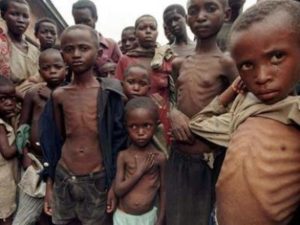
Violence has driven millions across the four countries from their homes and hampered access to agricultural lands and assets, creating massive humanitarian needs in an area already struggling with food insecurity, poverty and environmental degradation. Host communities, in particular, have been struggling for several years now to feed the displaced as well as their own.
As humanitarian access improves, revealing the magnitude of impact of the conflict, time has come to support both people who remained on their land and those who decide to return to their original livelihoods.
In Borno State alone, the population in crisis, emergency and catastrophe phases of food insecurity (Phases 3 to 5 on the five-tiered scale used by humanitarian agencies) increased from 2 million in August 2016 to 3.3 million in October-December 2016. The worst-affected in this group are not able to feed themselves and have exhausted all resources by selling off their belongings, including seeds, tools and animals. Without intervention, that number is expected to climb to 3.6 million at the height of the lean season in August 2017.
The UN foresees around 120 000 people facing famine conditions in Nigeria. Of this number, the vast majority – some 96 percent — are expected to be in Borno.
Targeting the most vulnerable
Emergency farming assistance must go hand in hand with food assistance for it to be successful throughout the upcoming lean season. To this end, FAO is collaborating with the World Food Programme to ensure vulnerable families — mainly IDPs and host communities — receive food assistance, and at the same time agriculture-based livelihood support in the form of provision of seeds, tools and fertilizer. This way, they will able to restore and protect their livelihoods and farming assets for ongoing food production.
FAO’s long-term strategy for the Lake Chad region puts a special emphasis on supporting refugees, internally displaced families and host communities, as these are the most vulnerable groups in this crisis. Interventions are geared to improving their food security and nutrition and building their resilience so they are better equipped to handle future shocks. In addition, restoring agriculture-based livelihoods will offer a unique opportunity to pave the way to recovery and peace in the affected areas.
The strategy incorporates not only provision of farming and livestock inputs but also technical training, cash transfers, instruction in natural resource management, and support in setting up community-managed funds that can reduce vulnerability to shocks.
General
FG Insists Prepaid Meter is Free, Warns Nigerians Against Payment
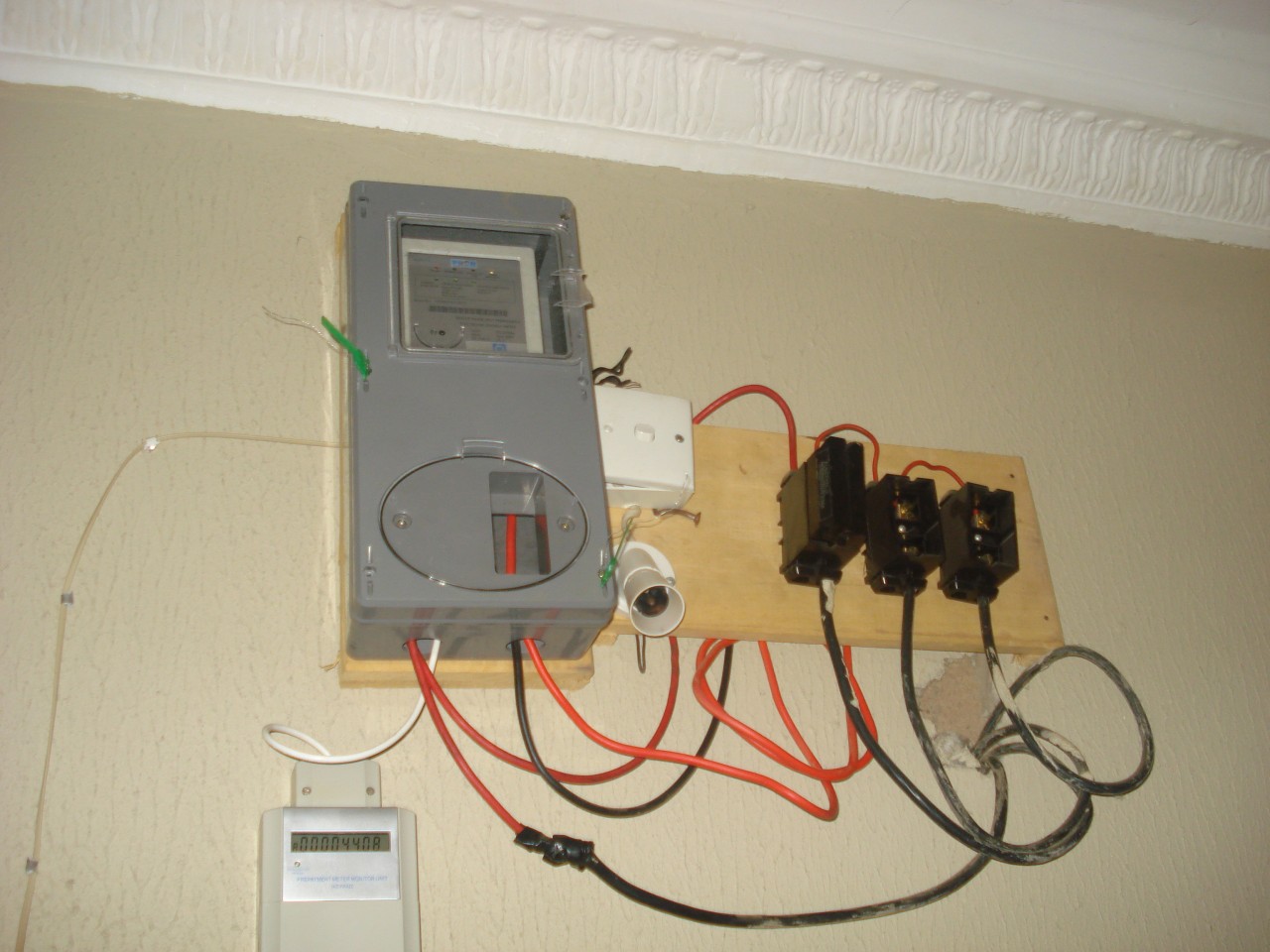
By Adedapo Adesanya
The federal government has reaffirmed that electricity meters being deployed under the Distribution Sector Recovery Programme (DISREP) are free for customers, warning Nigerians not to pay any money for meter supply or installation.
The Director General of the Bureau of Public Enterprises (BPE), Mr Ayodeji Ariyo Gbeleyi, stated this in Abuja at a joint media briefing on DISREP with the managing directors of Nigeria’s 11 Electricity Distribution Companies (DisCos). DISREP is financed through a $500 million World Bank facility.
The DG said the concessional nature of the funding, which comes at single-digit interest rates, makes it more sustainable than commercial borrowing and supports long-term stability in the power sector.
Under the DISREP IPF, 3.2 million smart meters are being procured and installed nationwide over four years through competitive international and local bidding. According to him, close to 700,000 meters have already been delivered, while about 200,000 have been installed across different DisCos.
The DG said, “With DISREP and other Federal Government interventions, the journey to power sector reliability is underway. DISREP is not just a short-term intervention, but part of a broader and coordinated plan of the Renewed Hope Agenda of President Bola Ahmed Tinubu, GCFR, towards building a financially viable and service-oriented electricity market
“Nigerians deserve a power sector that works, one that delivers reliable electricity, protects consumers, ensures value for money, and supports economic growth.
“Together, we shall achieve that! The supply and installation of these meters for customers is free.
It was also disclosed that the government had already paid the contractors to supply and install the meters. DISREP is integrated with other metering initiatives, including the Presidential Metering Initiative and the Meter Acquisition Fund, to accelerate the closing of Nigeria’s metering gap.
On his part, the Managing Director of Abuja Electricity Distribution Company, Mr Chijioke Okwuokenye, warned customers not to pay for meters.
“These meters are to be deployed and installed freely. Anybody asking you to bring money should be reported,” he said.
MD of Eko Electricity Distribution Company (Eko Disco), Mrs Wola Joseph-Condotti, said the company is working closely with the authorities to weed out bad eggs who extort money from customers for meter procurement and installation.
The programme offers significant benefits to consumers, including the removal of upfront meter purchase and installation costs, accurate billing, the elimination of arbitrary estimated billing, improved service accountability by DisCos, better transparency and dispute resolution, and long-term improvements in supply reliability as the sector becomes more financially viable.
For DisCos, Mr Gbeleyi said DISREP provides access to concessional World Bank financing for metering and network upgrades, reduces Aggregate Technical, Commercial and Collection (ATC&C) losses, improves liquidity and revenue assurance, and strengthens operational performance for long-term investment.
He disclosed that $250 million of the facility is dedicated to Investment Project Financing, which supports bulk procurement of the 3.2 million smart meters, deployment of Meter Data Management Systems, and provision of technical assistance and capacity-building programmes to strengthen DisCos’ operations and processes.
Describing DISREP as a landmark transaction, Mr Gbeleyi said it is the first initiative of its kind in which the government, beyond investing in distribution network infrastructure, is deploying meters at scale to bridge the country’s metering gap. He cited official figures showing that Nigeria currently has about 5.66 million unmetered electricity customers.
“The plan is to quickly close that gap. These meters are for everybody. They are for Nigerians. Priority is on unmetered customers,” he said.
He clarified that while the policy targets unmetered customers, DisCos have been allowed to deploy up to 20 per cent of the meters to replace faulty or technologically obsolete units, following feedback from the field.
General
NSC Revamps PSSP to Solve Complaints, Boost Ease of Doing Business in Ports
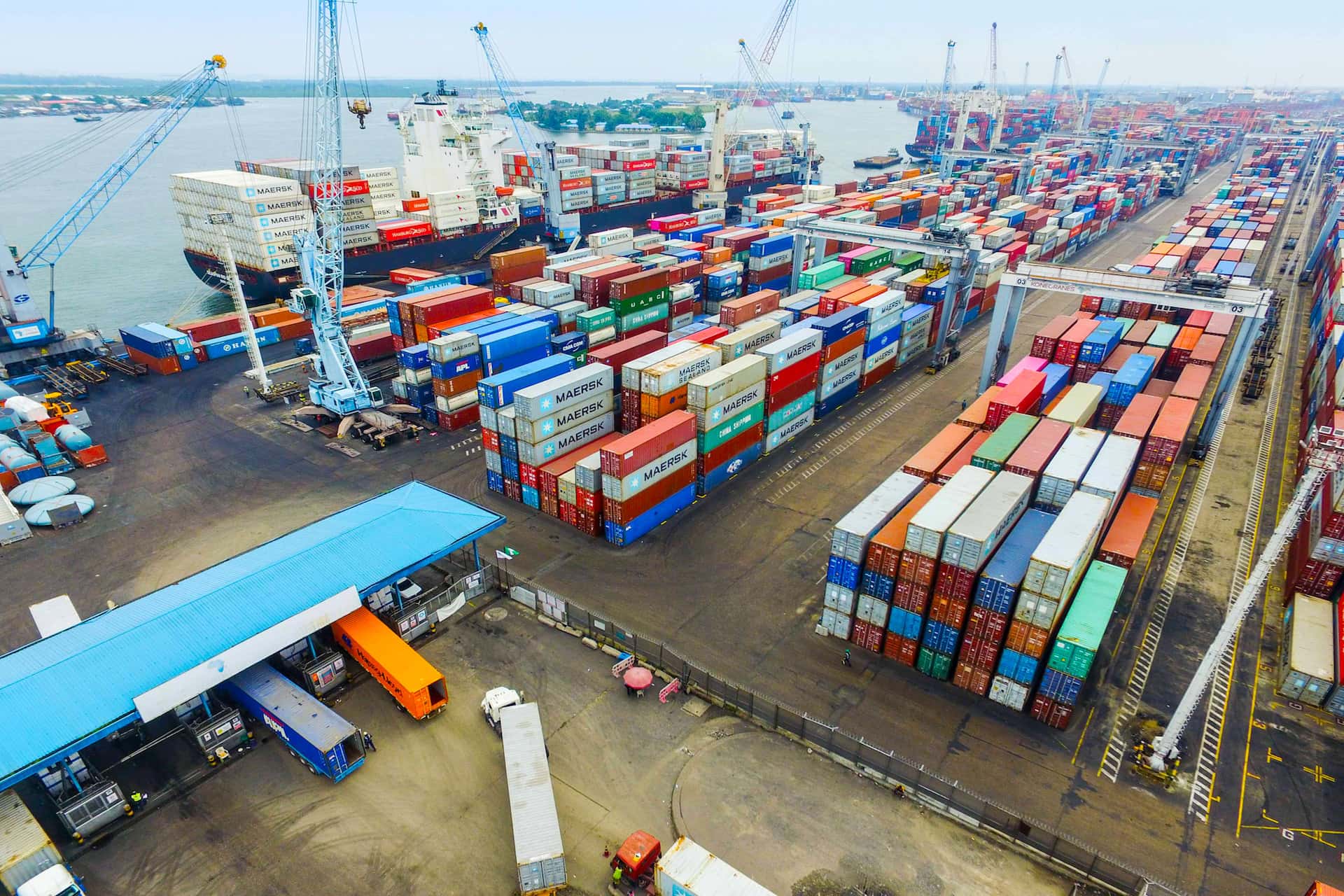
By Adedapo Adesanya
The Nigerian Shippers’ Council (NSC) has successfully concluded the review of the Port Service Support Portal (PSSP) application, which is aimed at ensuring seamless handling and efficient resolution of stakeholders’ commercial disputes across the maritime sector.
The Head of NSC-ICT, Mr Benjamin Ivwigheghweta, and his team; the Head of the Complaints Unit, Mr Bashir Ambi and his team; as well as consultants from BrandOne, all collaborated to complete the platform’s final implementation stage.
Mr Ivwigheghweta expressed satisfaction with the successful integration of the revamped PSSP for streamlined dispute resolution. He encouraged the team to fully engage with the new system and to ask questions where necessary, ensuring that every member is well equipped to meet stakeholder needs with precision and efficiency.
On his part, Mr Ambi applauded the deployment of the PSSP as a tool for accelerating grievance resolution, adding that the platform would significantly strengthen the council’s dispute resolution framework by promoting transparency, boosting stakeholder confidence, and generating reliable, data-driven records to support national economic growth.
He further commended the ICT team for its unwavering support-particularly in ensuring extended network availability to support the Unit’s after-hours operations.
Describing the PSSP as a critical modern upgrade for dispute resolution, Mr Ambi revealed that the Council’s operations are now about 90 percent digital. “We rely heavily on electronic platforms to serve our stakeholders,” he said, adding that the ICT Unit has remained the backbone of these efforts by providing consistent support, even over weekends, to ensure uninterrupted online service delivery.
This digital-first approach, he noted, keeps the NSC at the forefront of maritime efficiency.
Following a productive three-hour technical review and interactive question and answer session, the PSSP is now in its final phase.
The next steps include the configuration of individual user access by the ICT Unit and a live demonstration of the platform to Management. Upon completion of these tasks, the council will be ready to go live-ushering in a new era of digital efficiency in port service delivery.
The Port Service Support Portal was officially launched by the former Vice President, Mr Yemi Osinbajo, in June 2016 in Abuja. The launch was held alongside the unveiling of the Port Harmonized Standard Operating Procedures (SOPs). The portal was designed as an online, real-time platform to enhance service delivery, address stakeholder complaints, and curb corruption at Nigerian ports.
General
Tinubu Deploys Army to Kwara, Condemns Terrorist Attack
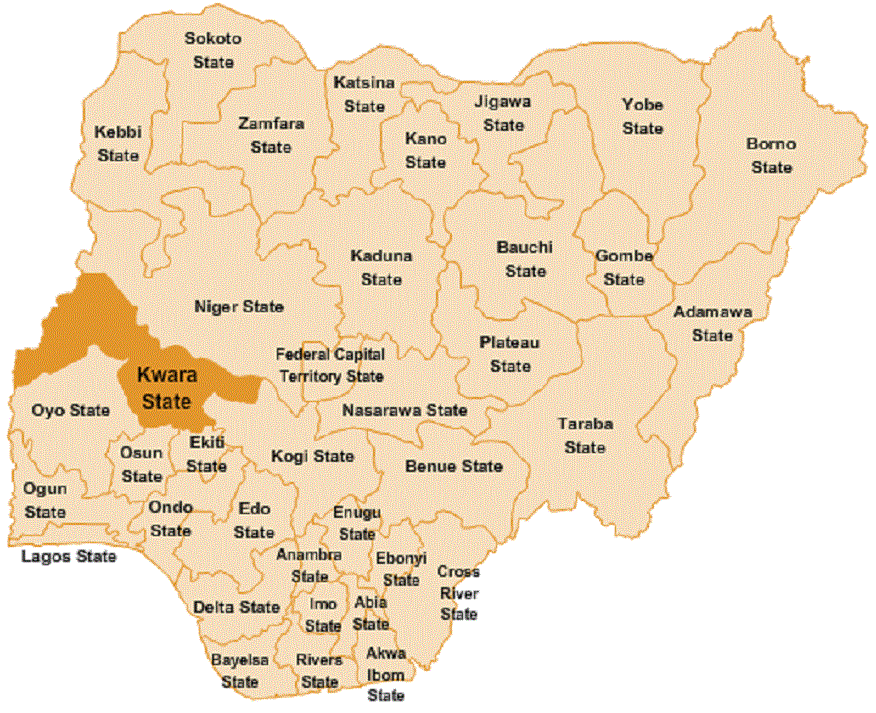
By Adedapo Adesanya
President Bola Tinubu has deployed an army battalion to Kaiama district in Kwara State after suspected jihadist fighters killed about 170 people in an overnight attack on Tuesday.
The terrorists stormed Woro and Nuku communities in Kaiama Local Council, according to Kwara State lawmaker, Mr Saidu Ahmed.
The violence highlights fears that jihadist factions prevalent in Northern Nigeria are pushing south along the Niger-Kwara axis toward the Kainji forest.
According to a statement from the Presidency, the new military command will spearhead Operation Savannah Shield to checkmate the barbaric terrorists and protect defenceless communities.
He condemned the attack as “cowardly and barbaric,” saying the gunmen targeted villagers who had rejected attempts to impose extremist rule.
“It is commendable that community members, even though Muslims, refused to be conscripted into a belief that promotes violence over peace,” President Tinubu said in the statement.
The President urged collaboration between federal and state agencies to provide succour to members of the community and ensure that those who committed the atrocities do not go scot-free.
President Tinubu prayed for the repose of the souls of the deceased and condoled with those who lost family members as well as the people and government of Kwara State.
Similarly, suspected bandits stormed Doma community in Tafoki Ward, Katsina State, on Tuesday afternoon, killing several residents, injuring many others and setting vehicles and houses ablaze.
There were conflicting figures over the casualty toll, with police putting the number of deaths at 13, while the executive chairman of Faskari Local Council estimated more than 20.
-

 Feature/OPED6 years ago
Feature/OPED6 years agoDavos was Different this year
-
Travel/Tourism9 years ago
Lagos Seals Western Lodge Hotel In Ikorodu
-

 Showbiz3 years ago
Showbiz3 years agoEstranged Lover Releases Videos of Empress Njamah Bathing
-

 Banking8 years ago
Banking8 years agoSort Codes of GTBank Branches in Nigeria
-

 Economy3 years ago
Economy3 years agoSubsidy Removal: CNG at N130 Per Litre Cheaper Than Petrol—IPMAN
-

 Banking3 years ago
Banking3 years agoSort Codes of UBA Branches in Nigeria
-

 Banking3 years ago
Banking3 years agoFirst Bank Announces Planned Downtime
-

 Sports3 years ago
Sports3 years agoHighest Paid Nigerian Footballer – How Much Do Nigerian Footballers Earn


